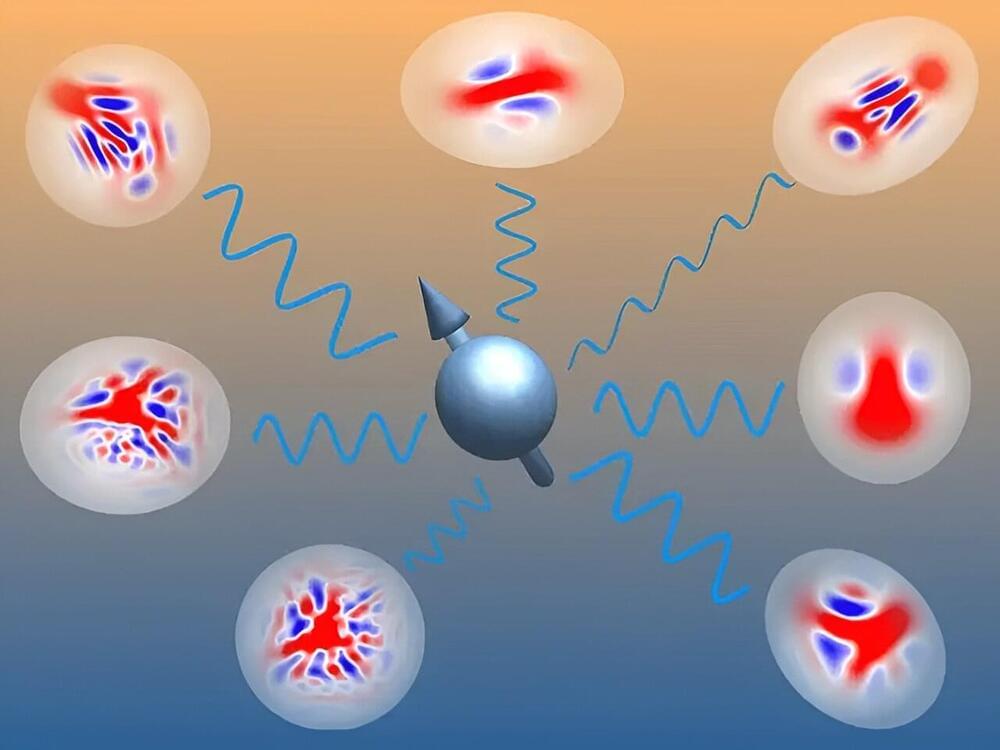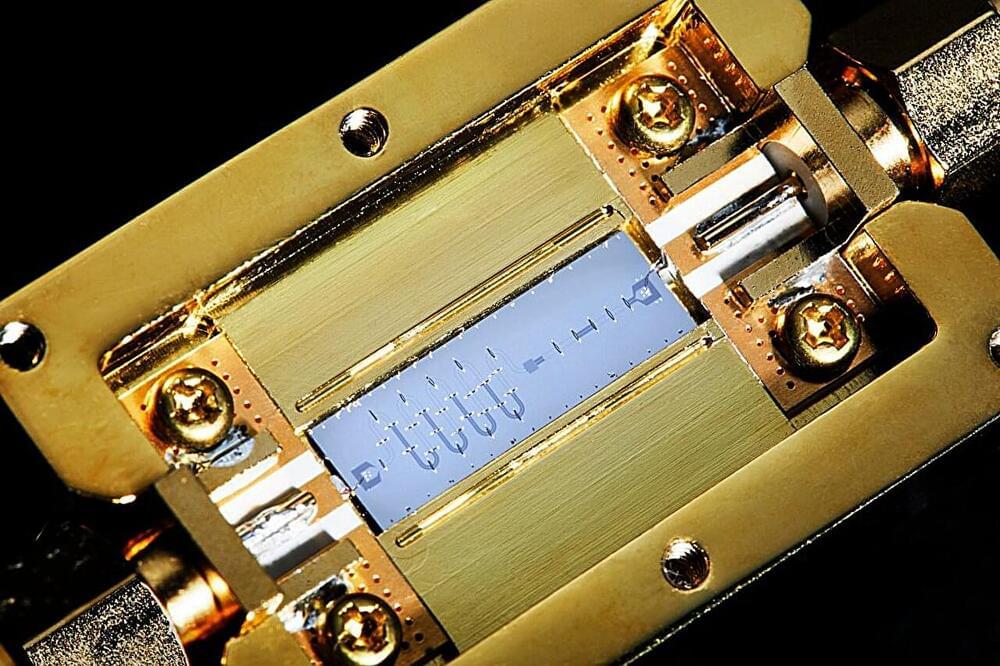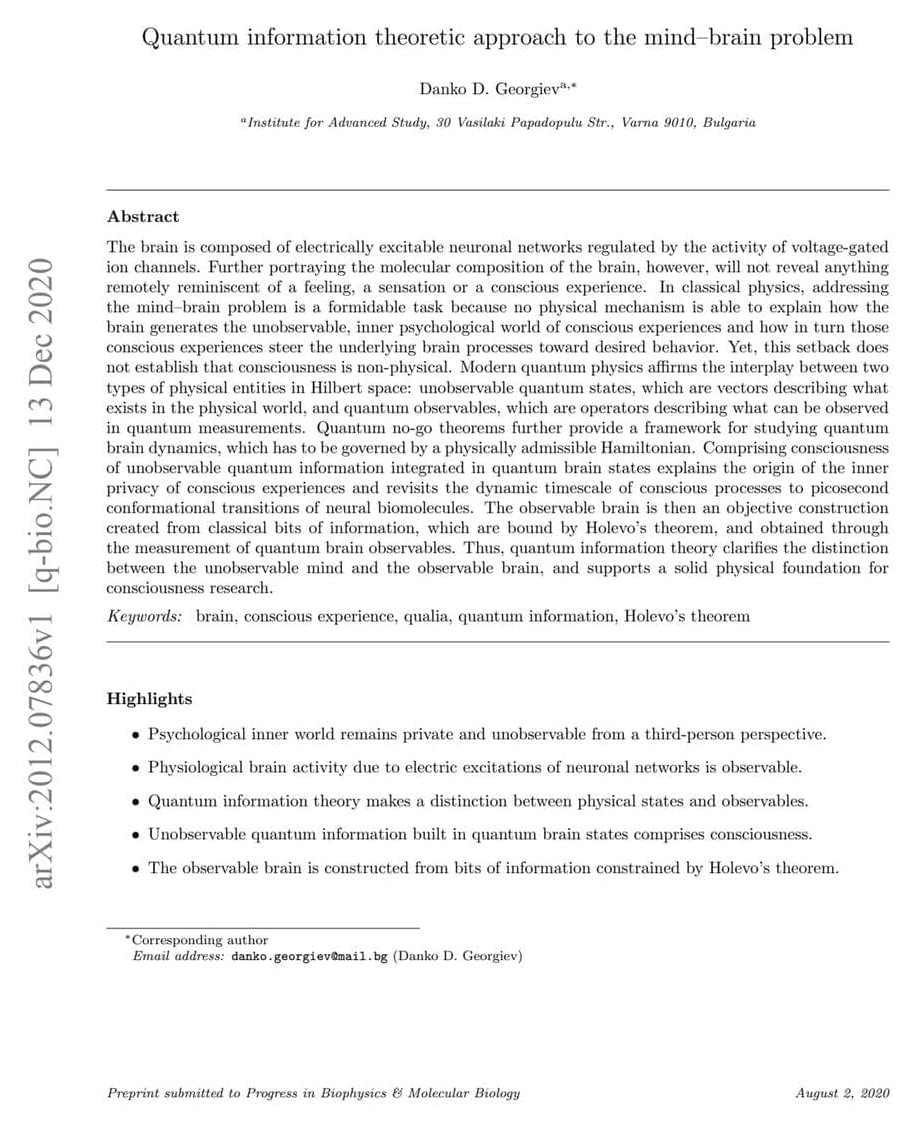May 25, 2024
How a tiny device could lead to big physics discoveries and better lasers
Posted by Dan Breeden in categories: biotech/medical, nanotechnology, quantum physics
Researchers at Rensselaer Polytechnic Institute have fabricated a device no wider than a human hair that will help physicists investigate the fundamental nature of matter and light. Their findings, published in the journal Nature Nanotechnology (“Topological valley Hall polariton condensation”), could also support the development of more efficient lasers, which are used in fields ranging from medicine to manufacturing.
The device is made of a special kind of material called a photonic topological insulator. A photonic topological insulator can guide photons, the wave-like particles that make up light, to interfaces specifically designed within the material while also preventing these particles from scattering through the material itself.
Because of this property, topological insulators can make many photons coherently act like one photon. The devices can also be used as topological “quantum simulators,” miniature laboratories where researchers can study quantum phenomenon, the physical laws that govern matter at very small scales.


















